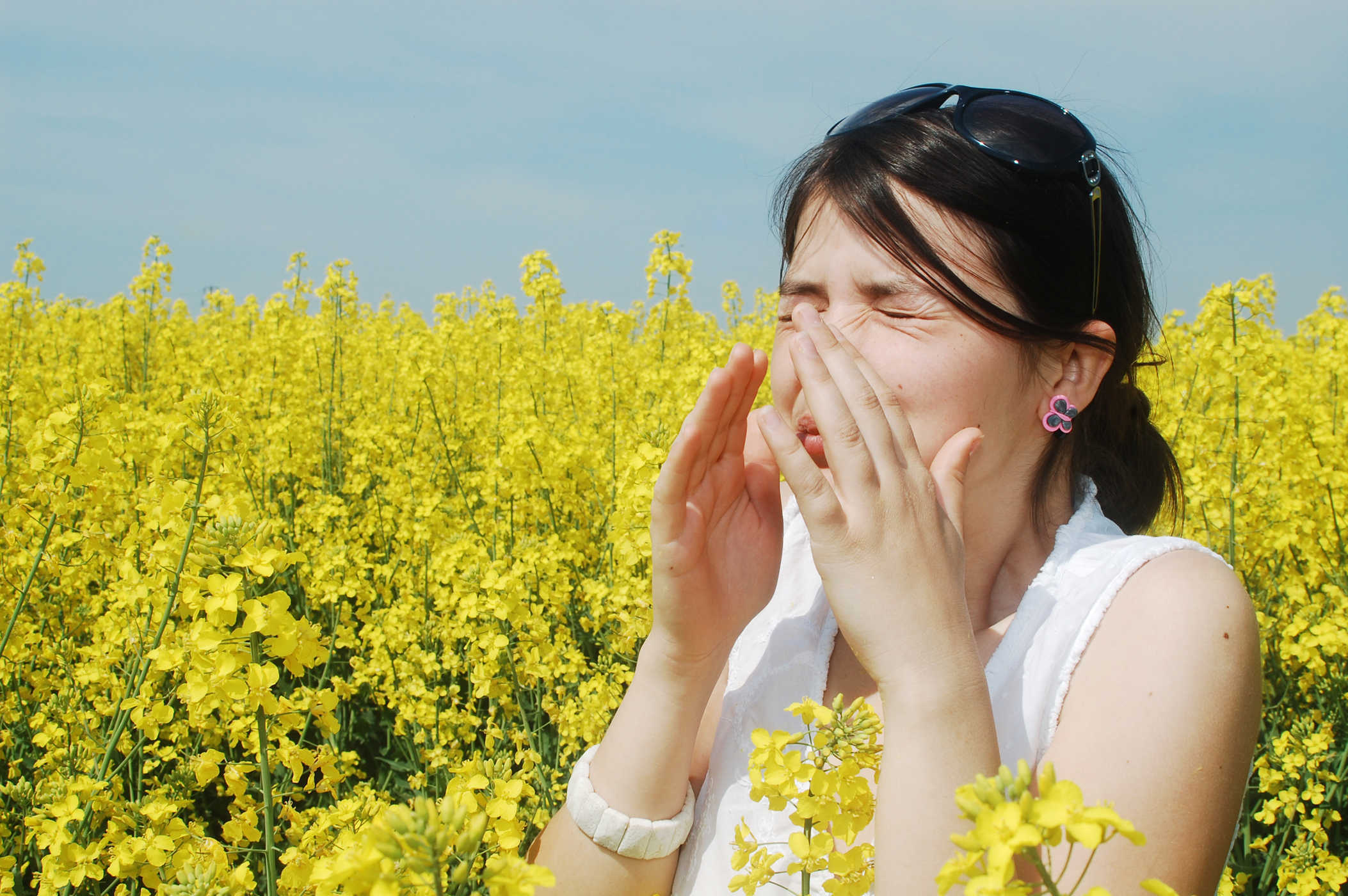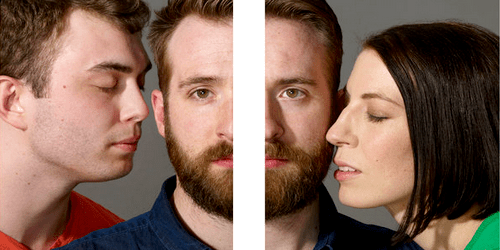Contents:
- Medical Video: Allergy Symptoms & Treatments : How to Cure Dust Allergies
- Types of allergens
- Who is at risk for allergic rhinitis?
- Symptoms of allergic rhinitis
- Diagnose allergic rhinitis
- Prevent allergies
Medical Video: Allergy Symptoms & Treatments : How to Cure Dust Allergies
Allergic rhinitis, also called hay fever, is a group of uncomfortable symptoms that occur when your body is exposed to certain allergens. Allergens are usually harmless substances, such as grass or dust, which cause allergic reactions. Pollen is the most common allergen for most people.
When your body comes in contact with allergens, it releases histamine. This substance is a natural chemical that is actually intended to maintain the body from allergens. However, these chemicals cause many uncomfortable symptoms (allergic rhinitis) which include runny nose, sneezing, and itchy eyes.
This condition can interfere with the daily activities of your life, so it is very important to do treatment.
Types of allergens
Common allergens that can cause this condition include pollen, dust, animal hair, cat saliva, and mold.
Pollen is the main allergen, especially at certain times when plants and flowers are blooming.
Who is at risk for allergic rhinitis?
Allergies can occur to anyone, but this condition tends to be genetic. You are more likely to experience allergic rhinitis if your family has a history of allergies. According to the National Institutes of Health (NIH), chances are even higher if your mother has a history of allergic problems.
There are also substances that can trigger this condition or make it worse, such as:
- cigarette smoke
- chemical material
- cold temperature
- moisture
- wind
- pollution
- hairspray
- wood smoke
- steam
Symptoms of allergic rhinitis
The most common symptoms of this condition include:
- sneezing
- runny nose
- nasal congestion
- itchy nose
- cough
- sore throat
- itchy and runny eyes
- circle under dark eyes
- frequent headaches
- eczema (very dry skin, itchy skin that often blisters)
- hives (red skin, sometimes itching, bumps on the skin)
- excessive fatigue
Diagnose allergic rhinitis
Mild allergies usually only require a physical examination. However, your doctor can recommend special tests to help determine the best treatment and preventive measures.
Skin testing is one of the most commonly used tests. During this test, the doctor places various substances into your skin to see how your body reacts to each of these substances. Usually, a small red lump appears if you are allergic to the substance.
Another common allergy test is a blood test, sometimes referred to as a RAST test. This test measures the amount of immunoglobin (Ig) e antibodies to certain allergens that are present in your blood.
Allergic rhinitis can be classified as seasonal or lasting allergies (throughout the year).
Treatment of allergic rhinitis
This condition is treated with one of the following methods:
- antihistamines
- decongestant
- eye drops
- nose spray
- immunotherapy (allergy shots)
Antihistamines effectively treat allergies. This type of drug can also help prevent this condition because they block the formation of histamine in the body. Some drug products on the market may help, but remember to always consult your doctor before starting a new treatment, especially if you are using other drugs or have other medical conditions.
Decongestants are used for a short period of time to help relieve nasal congestion and sinus pressure. Ask your doctor before using this medicine if you have high blood pressure.
You can temporarily use eye drops and nasal sprays to relieve itching and other symptoms associated with allergies. However, do not use this product in the long term.
Your doctor may recommend immunotherapy if you have a severe allergy. Commonly known as allergic injections, this treatment plan is used in conjunction with drugs to control symptoms. This injection is intended to reduce the body's immune response to certain allergens from time to time.
Treatment results depend on your unique condition. Seasonal rhinitis allergies are usually not severe and can be managed well with medication. However, the severity of this condition is likely to require long-term treatment. Some patients can even experience sinusitis (inflamed nose which can cause breathing and pain difficulties) or asthma along with this condition.
Prevent allergies
The best way to prevent allergy symptoms is to manage your allergies before your body has a chance to respond to allergens.Another effective way to prevent allergic rhinitis is to avoid allergens that cause your symptoms. For example, staying in the house when there is a high amount of pollen, and bathing immediately after being outside. Also clean your home from pet hair, mold and dust.












